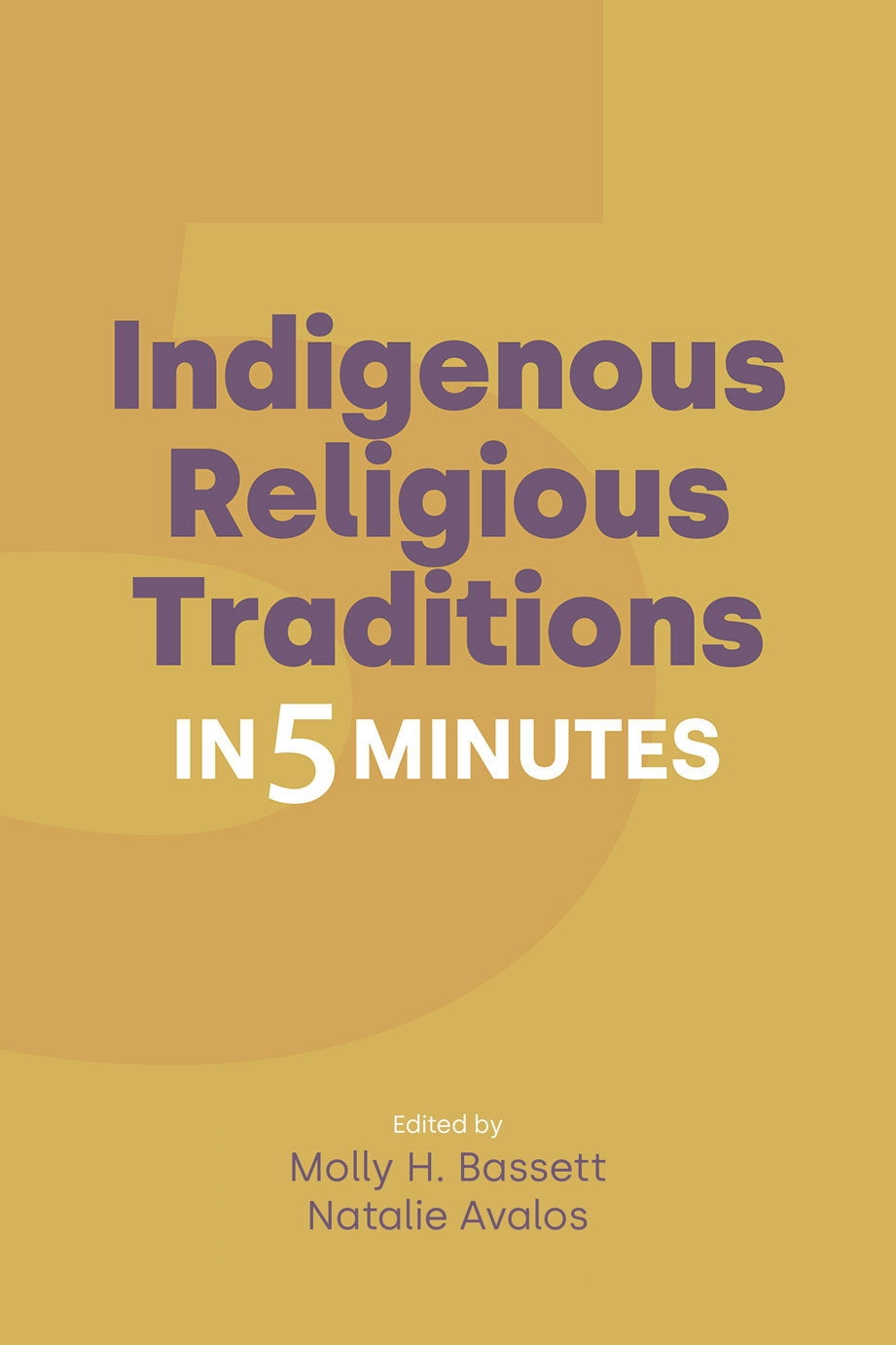58. Is Peyote a medicine or a drug?
Indigenous Religious Traditions in Five Minutes - Molly Bassett
Jennifer Graber [+]
University of Texas in Austin
Jennifer Graber is the Shive, Lindsay, and Gray Professor in the History of Christianity and the Associate Director of the Native American and Indigenous Studies Program at the University of Texas in Austin. Her first book, The Furnace of Affliction: Prisons and Religion in Antebellum America, explores the intersection of church and state during the founding of the nation's first prisons. Her latest book, The Gods of Indian Country: Religion and the Struggle for the American West, considers religious transformations among Kiowa Indians and Anglo Americans during their conflict over Indian Territory, or what is now known as Oklahoma.
Description
According to some Indigenous peoples, non-human powers offered humans the peyote cactus as a medicine. But most non-Indigenous peoples think peyote’s psychoactive alkaloids demand its regulation as a dangerous drug. Indigenous practitioners of ritual peyote ingestion have struggled against this view since the earliest colonial encounters. They affirm, instead, that communal peyote rites heal both body and spirit.






